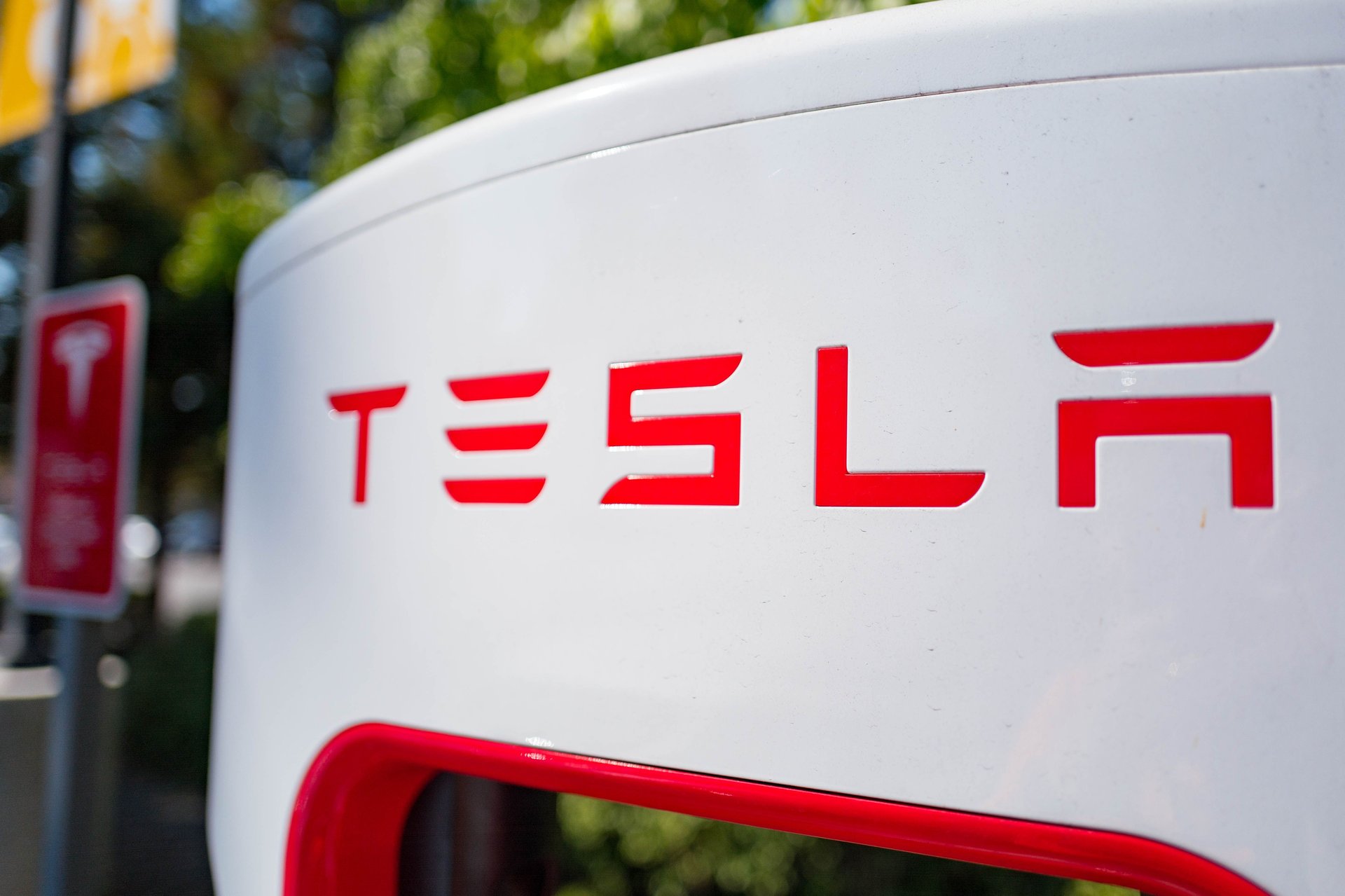Under fire, Tesla finally schedules its annual shareholder meeting
After investor pressure and looming Texas legal deadlines, Tesla announced that its annual shareholder meeting will take place on November 6

Smith Collection/Gado/Getty Images
Tesla might have just dodged a Texas lawsuit — by pushing its shareholder meeting nearly four months past its legal deadline.
Suggested Reading
On Wednesday evening, the company filed SEC paperwork, confirming that Tesla will hold its overdue 2025 annual shareholder meeting on November 6. That announcement arrives nearly four months past the deadline required under Texas law, where Tesla is incorporated and based. Under state rules, publicly traded companies must hold shareholder meetings within 13 months of their previous one. Tesla’s 2024 meeting was in June, making July 13 the cutoff. Company shares rose about 3% in early trading after the meeting date was set.
Related Content
Whether the late scheduling will satisfy Texas’ legal requirement remains up in the air. State officials had signaled that they were prepared to take action if Tesla failed to meet the deadline. A written shareholder consent could technically satisfy the law, but Tesla hasn’t disclosed one. And in its filing, the company didn’t explain the delay. The question remains: Did Tesla comply with the spirit of the law — or just with the bare-minimum interpretation?
Any ambiguity could leave the company vulnerable to lawsuits or penalties, and the delay has already inflamed long-simmering investor concerns about transparency and governance.
The timing of the filing is no accident. Just 24 hours before Tesla’s filing, a coalition of 27 state officials and institutional investors — including public fund managers from New York, Oregon, and Maryland — issued a sharply worded letter criticizing Tesla’s silence and urging the board to schedule the meeting immediately. The group, which collectively manages more than $1.5 trillion in assets, expressed “deep concern regarding the lack of timely notice about the date and format” of the annual gathering. Tesla’s move to announce a meeting just under the wire could calm some of those nerves, but it doesn’t entirely close the case.
Annual shareholder meetings offer rare, high-profile opportunities for investors to question executives, challenge board decisions, and hold leadership accountable. And this year, there’s plenty for Tesla shareholders to talk about. The company’s stock is down 20% year to date. Vehicle sales have slumped due to an aging product lineup and rising EV competition. CEO Elon Musk has become increasingly immersed in partisan politics, allegedly launching a third party after a very public fallout with President Donald Trump. That political turn has rattled investors — and alienated some of the liberal consumers most likely to buy electric cars.
Tesla, meanwhile, is trying to shift the narrative. The company has increasingly downplayed vehicle sales and has pivoted its messaging toward full self-driving technology and robotics, though both remain in early stages. Musk said robotaxis are coming to San Francisco soon, and Tesla just announced that Grok, the AI chatbot developed by Musk’s xAI startup, will be integrated into its vehicles as soon as next week, further blurring the lines between Musk’s ventures and potentially raising fresh governance questions when proxy materials are released.
Advocacy groups have slammed Tesla’s compressed timeline and the board’s perceived resistance to shareholder input. “The Tesla board’s efforts to dismiss shareholder proposals is a bigger impediment than having a very short window to submit them in the first place,” Kevin Thomas, CEO of shareholder advisory group SHARE, told Reuters.
Earlier this year, a Delaware court voided Elon Musk’s $56 billion pay package, ruling it was pushed through without proper process. In response, Tesla shareholders voted in June to reincorporate the company in Texas, a move that many saw as an effort to benefit from the state’s increasingly business-friendly — and investor-constraining — laws. Just weeks later, Texas passed legislation that makes it harder for shareholders to sue company executives or submit activist proposals. Tesla then amended its bylaws to block any investor with less than 3% of shares from filing derivative lawsuits.
All that means that this fall’s shareholder meeting will likely be the most closely watched in Tesla’s history. That pay package issue is expected to return to the ballot, along with fresh scrutiny over Musk’s control across multiple companies, the board’s independence, and Tesla’s ability to compete in a rapidly shifting auto market.
If Tesla’s strategy was to buy time, the company may have gotten it. But whether or not it bought goodwill is another question entirely.
